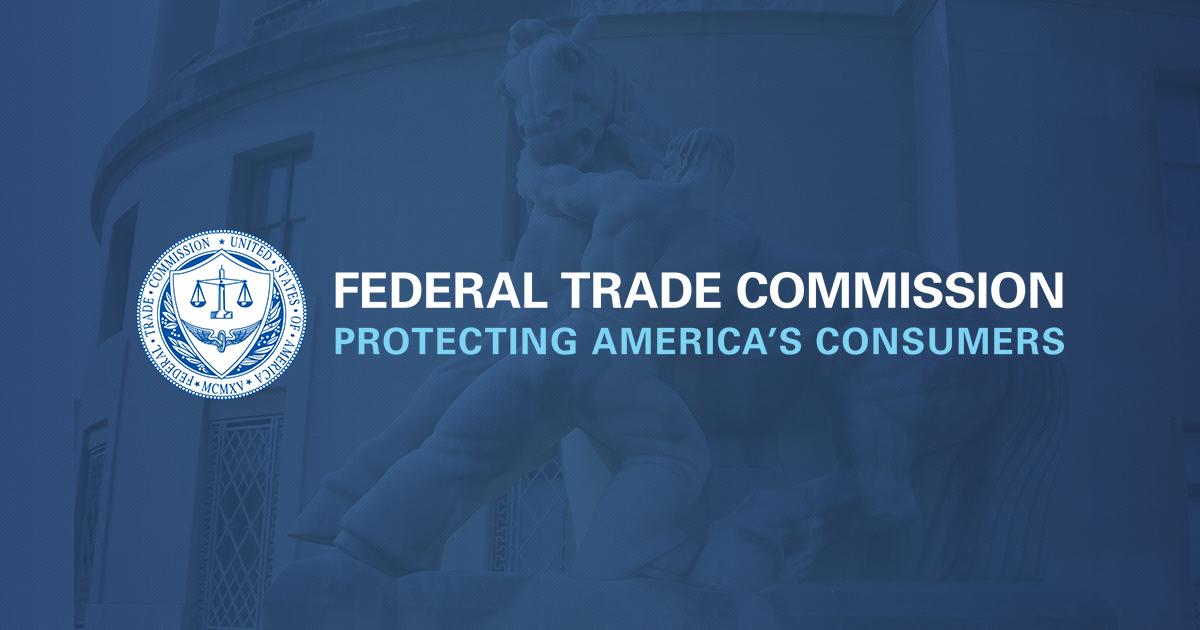The 11th session of the Federal Trade Commission’s Hearings Initiative, “The FTC’s Role in a Changing World,” will focus on the agency’s international work. The hearing will take place in Washington, D.C. on March 25-26, 2019.
The session will explore the FTC’s international role in light of globalization, technological change, and the increasing number of competition, consumer protection, and privacy laws and enforcement agencies around the world. Speakers will address the implications of international developments on the FTC’s work on behalf of American consumers. The session will be held at the FTC’s headquarters building at 600 Pennsylvania Ave., NW, Washington, DC in room 432.
At the hearing, the FTC will consider:
- The effectiveness of the FTC’s enforcement cooperation tools and approaches in light of new challenges in competition, consumer protection, and privacy matters;
- Approaches to promoting international policy coordination and best practice development; and
- Strategies for international enforcement and policy engagement given today’s dynamic global marketplace.
To deepen its understanding of these issues, the agency seeks public comment on the questions listed below, and welcomes input on other related topics.
The FTC’s Tools and Approaches for International Engagement
- How effective are the FTC’s tools and approaches in addressing international investigative, enforcement, and policy challenges and opportunities?
- What strategies should competition, consumer protection, and privacy agencies use to achieve convergent or interoperable policies and consistent or complementary enforcement outcomes?
- How should the FTC engage internationally regarding its competition, consumer protection, and privacy enforcement priorities in light of changes in the economy, evolving business practices, new technologies, and international developments?
Enforcement Cooperation
- What factors contribute to either more or less effective enforcement cooperation in consumer protection, privacy, and competition matters?
- How can cross-border enforcement cooperation be strengthened? What are the obstacles to such cooperation?
- How might the FTC use additional authority, tools, and approaches to ensure more effective enforcement cooperation?
- How well have the U.S. SAFE WEB Act and the International Antitrust Enforcement Assistance Act served their international enforcement cooperation objectives?
- Are there tools or approaches available to enforcement agencies in other fields or jurisdictions that might be adapted to improve the FTC’s enforcement cooperation?
- What effects do data regulations have on cross-border information sharing, cooperation, and enforcement in competition, consumer protection, and privacy cases?
Policy and General International Cooperation
- What role should “soft law” (e.g., best practices/ guiding principles) play in promoting convergence or interoperability in policy approaches?
- How do differing views on the roles of government, self-regulation, and private enforcement affect policy development and enforcement cooperation?
- How do differences in institutional design affect agency enforcement and policy cooperation?
Engagement Regarding Emerging Technologies
- How can the FTC best work with foreign agencies to develop effective policies on competition, consumer protection, and privacy concerning emerging technologies, such as artificial intelligence? What are the challenges?
- From a practical perspective, what are the consequences of having differing approaches internationally to competition, consumer protection, and privacy enforcement around artificial intelligence and other emerging technologies?
International Engagement in a Changing Global World
- What are the most important issues on which the FTC should engage with foreign counterparts and international organizations?
- How can the FTC continue to be a leader internationally, including on emerging issues?
- In light of international and technological developments, how can the FTC ensure the continued effectiveness of its technical assistance program?
- What tools or approaches of foreign competition, consumer protection, or privacy agencies could benefit the FTC’s international program?
- How should the FTC interact with other U.S. government agencies regarding issues raised by foreign competition, consumer protection, and privacy policy and enforcement?
- What roles can the private sector and civil society play in light of new challenges in competition, consumer protection, and privacy matters?
- How can the private sector foster accountability for international transfers of consumer data?
Comments can be submitted online and are due by 11:59 pm, May 31, 2019. If any entity has provided funding for research, analysis, or commentary that is included in a submitted public comment, such funding and its source should be identified on the first page of the comment.
The FTC Hearings on Competition and Consumer Protection in the 21st Century will accommodate as many attendees as possible; however, admittance will be limited to seating availability. Reasonable accommodations for people with disabilities are available upon request. Request for accommodations should be submitted to Elizabeth Kraszewski via email at [email protected] or by phone at (202) 326-3087. Such requests should include a detailed description of the accommodation needed. Please allow at least five days advance notice for accommodation requests; last minute requests will be accepted but may not be possible to accommodate.
The Federal Trade Commission works to promote competition, and protect and educate consumers. You can learn more about consumer topics and file a consumer complaint online or by calling 1-877-FTC-HELP (382-4357). Like the FTC on Facebook, follow us on Twitter, read our blogs, and subscribe to press releases for the latest FTC news and resources.

